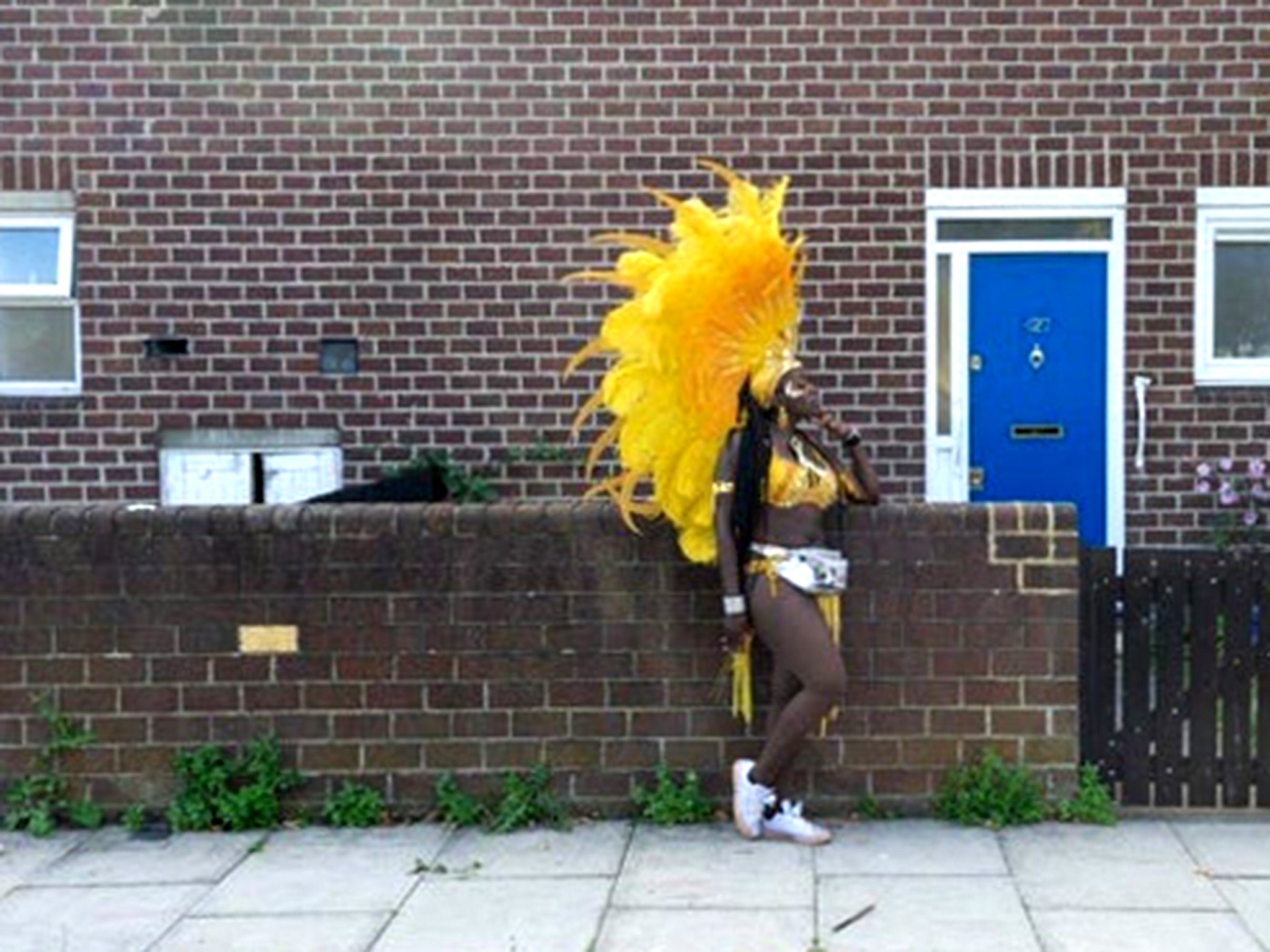The Independent's journalism is supported by our readers. When you purchase through links on our site, we may earn commission.
It’s time we had a Carnival month – and make it an international affair
Such an event would generate economic growth, encourage cultural appreciation and promote global camaraderie


For the second year in a row, due to Covid-19 precautions, the Notting Hill Carnival is “off the streets” – a euphemism Notting Hill Carnival Limited prefers over the bleaker sounding “cancelled”.
While the massive public parade and accompanying festivities held consecutively for 55 years on Monday’s bank holiday will not take place, smaller, socially distanced gatherings are scheduled.
Well, if it’s any consolation, London is not alone. Sibling carnivals in New York and Toronto, which, like Notting Hill’s, are the largest street festivals of their respective countries, are also on pause for the second, and, loyalists hope, last time in living memory.
Organisers in all three cities have described this unanticipated two-year hiatus as an opportunity to reboot and rebrand Carnival. Voices in London have actually been calling for it to be updated for some time.
I’m no brand-strategy guru, I’ve only studied them. But speaking as someone who has revelled at Notting Hill and carnivals like it from a tender age, the ideal place to start rebranding would be to recognise and promote Carnival as the international happening that it is.
There are more than 50 Caribbean carnival festivals held in Europe and North America, from as far west as Vancouver in Canada, to Berlin in Germany in the east. In the UK alone, there are eight besides Notting Hill. For some people of Caribbean background in the UK, Canada, or the USA, West Indian-themed carnivals are a circuit to follow. It’s one sequential cross-country or transatlantic jump-up.
Building on this constituency, it is time to brand the month of August “Carnival Month”. Fashion month for example – in London, New York, Milan and Paris – takes place twice yearly, in February and September. It is international in scale, with interested and invested parties trekking from city to city for experiences that are part communal, part commercial. Mining the best elements of events like this and taking in the community spirit of events such as Pride Month, a Carnival month could generate economic growth, encourage cultural appreciation, bring greater and more diverse media coverage and promote global camaraderie.
Matthew Phillip, the incomparable executive director of Notting Hill Carnival Ltd, told CNN last year when the street festival was first forced to go virtual, that the switch to online, “provided a rare opportunity to open Notting Hill Carnival to a ‘global audience.’” This has been happening in the West Indian community informally for a very long time.
Caribbean migration to North America increased sharply after the UK passed the Commonwealth Immigrants Act of 1962 to control incoming numbers, while at the same time Canada and the United States made their immigration policies less racially exclusive. The result was a diaspora of family and friend networks scattered across the three locations with criss-crossing ties. As a Caribbean-British friend of mine says tongue-in-cheek, “If you’re a British person of Caribbean origin, you’re guaranteed to have at least one auntie who is a nurse and relatives in Canada or America. The rest is up for debate.”
But that profile is steadily morphing as time proceeds. Your average British young adult of Caribbean descent is likely to tell you about visiting a Brooklyn-born cousin, not an auntie who moved there from Antigua or Barbados. The current purveyors of the Notting Hill Carnival belong to the Windrush and post-Windrush generations – people who moved to Britain from 1948 to 1972 and their children. The time to relay the torch approaches. Why not cultivate a global village now to receive it?
There have been rumblings to this effect for a while.
The last comprehensive assessment of the Notting Hill Carnival was conducted during the mayoralty of Ken Livingstone in 2004, a whopping review just shy of 200 pages. Among its findings was that “people travel from all over the world to attend the Carnival, although it is still very much a London event. In 2002, 65 per cent of Carnival-goers came from London and of these, the overwhelming majority came from outside Kensington and Chelsea (43 per cent). Internationally, eight per cent of visitors to the Carnival came from abroad.” One of the report’s key recommendations was therefore: “Greater level of information about the Carnival to be made available to overseas visitors.”
While those percentages are in themselves attention-grabbing, enough innovation has since occurred in the industries of mass communication, air travel and hospitality to suggest higher numbers today.
Matthew Phillip himself acknowledged: “That last study was done probably, I think it was more than 16 years ago, so it’s probably time that something is done to, kind of, bring that up-to-date and assess the situation.”
An even earlier report, The economic impact of the Notting Hill Carnival, was carried out in 2002 by the now defunct London Development Agency. It suggestively noted the strong similarities between the Notting Hill Carnival and Toronto’s Caribana and the West Indian Labour Day Parade in New York, without making conclusions or recommendations.
The three festivals were founded in the mid-1960s. They share common joys and challenges, such as a relationship to policing that is ambivalent, to put it mildly. Three heads might be better than one in finding solutions. Many also see a cautionary tale in the commercialisation of Pride Month.
But how would this work logistically? The City of Toronto declared the month of July “Caribbean Carnival Month”. And Brooklyn Carnival takes place every Labour Day Weekend, the first Monday in September. But, a month could be made to mean different things besides 28 to 31 consecutive days.
Pride Month is celebrated in the UK in June even though London Pride, the largest theme festival, is held in September. Fashion month regularly stretches into October. Who says the Gregorian calendar – the European system that set the standard for timekeeping – should set the parameters for imagining a celebration founded by captive Africans masquerading as their European captors on lands taken from slaughtered Indigenous people? Instead, how about using – if not practically, imaginatively – the Igbo calendar, or the Ancient Egyptian or the Ethiopian? All these measure time differently. Not only might one of them bring the events together in one unit of time but if we consider decolonising time, it would link Carnival to the “decolonising the curriculum” discussion that is sure to rage for a while to come. Phillip has made clear that public education about the history of colonialism and other topics relevant to Carnival’s history is a priority for his organisation.
Another option would be to think spatially and dub it “Diaspora Days”. Returning to the Pride model, several European cities call their Pride celebrations, “Christopher Street Days”, after a street in New York City’s Greenwich Village prominent in LGBT+ history.
Whether measured by space or in time, “Carnival month” would be about Carnival, so best give it ample opportunity to move.
Nicholas Boston, PhD, is associate professor of media sociology at Lehman College of the City University of New York.
Join our commenting forum
Join thought-provoking conversations, follow other Independent readers and see their replies
Comments
Bookmark popover
Removed from bookmarks